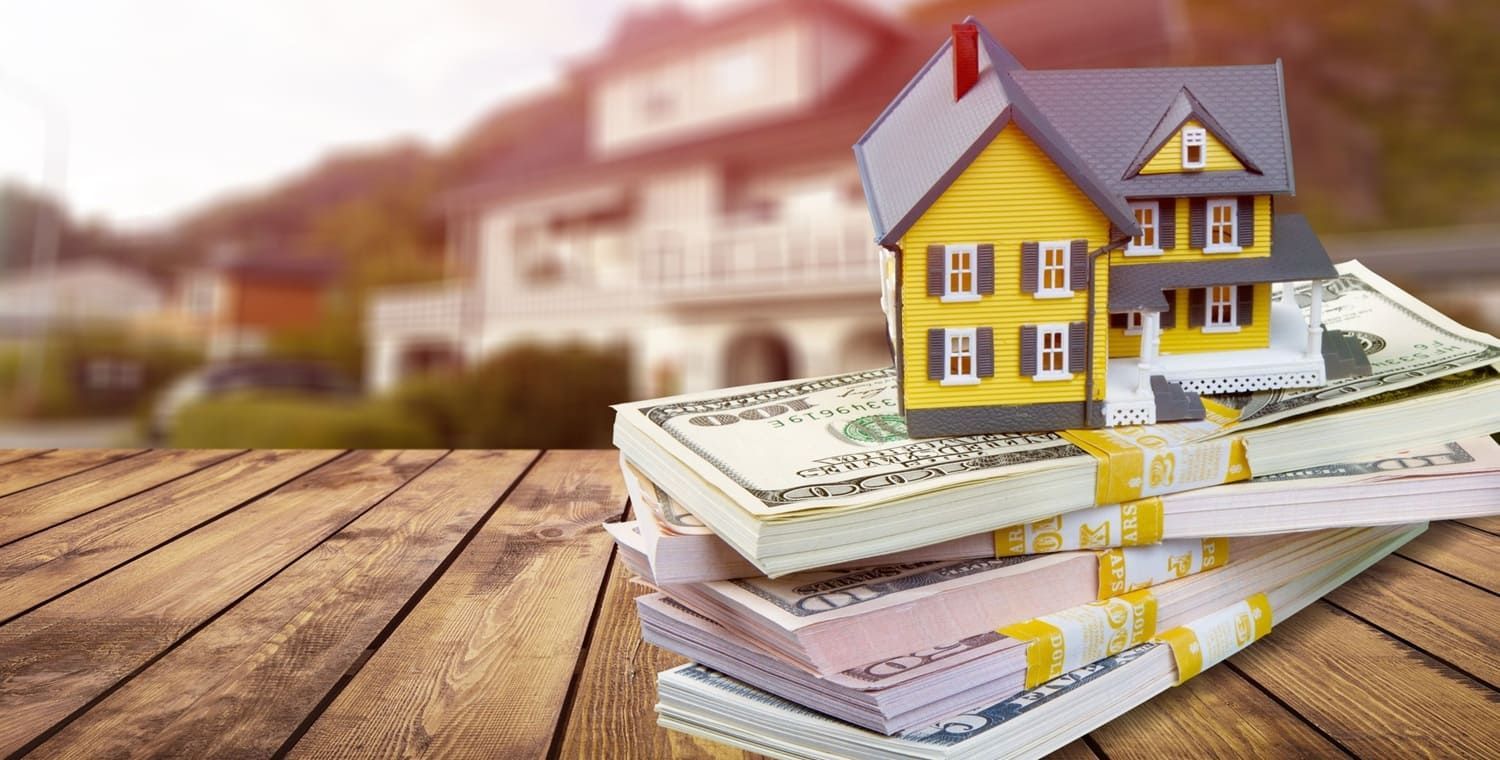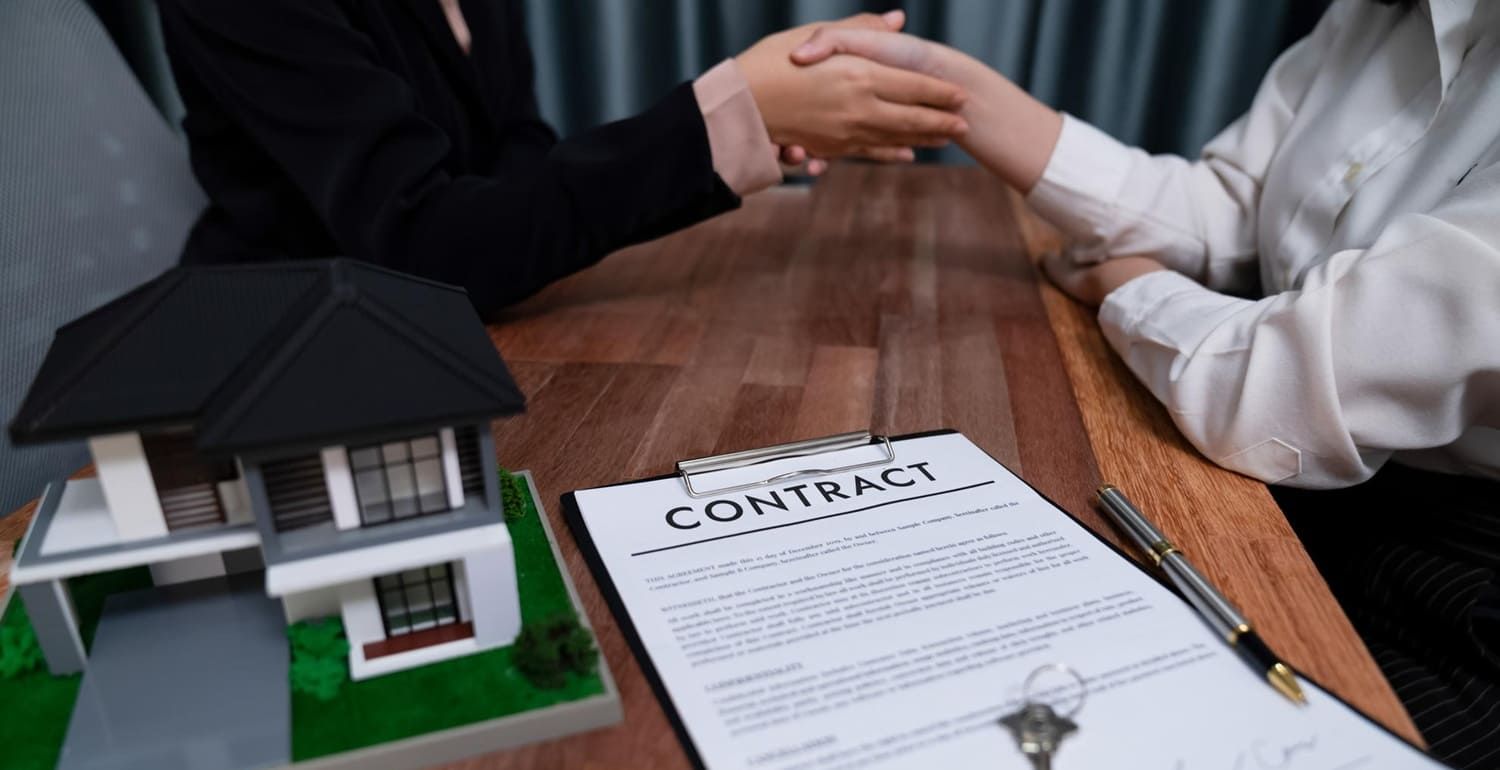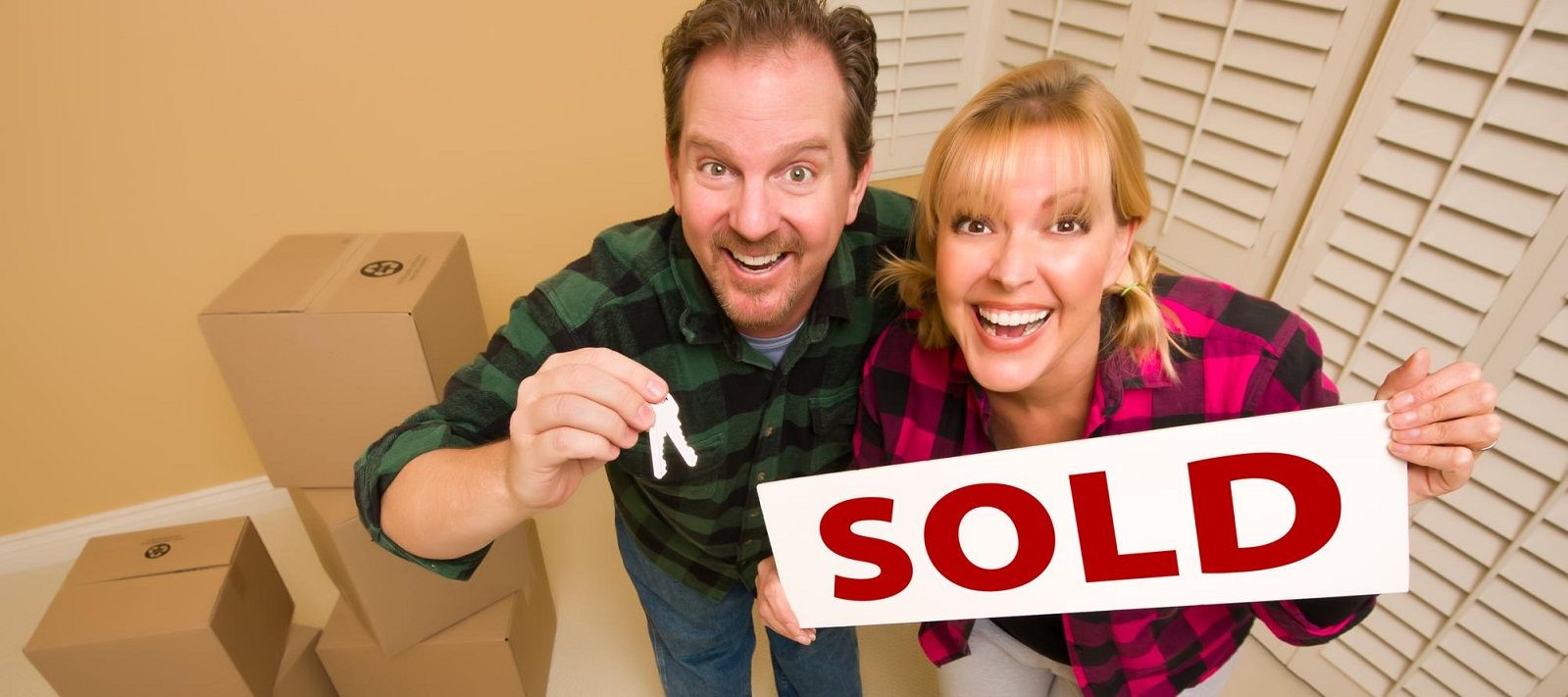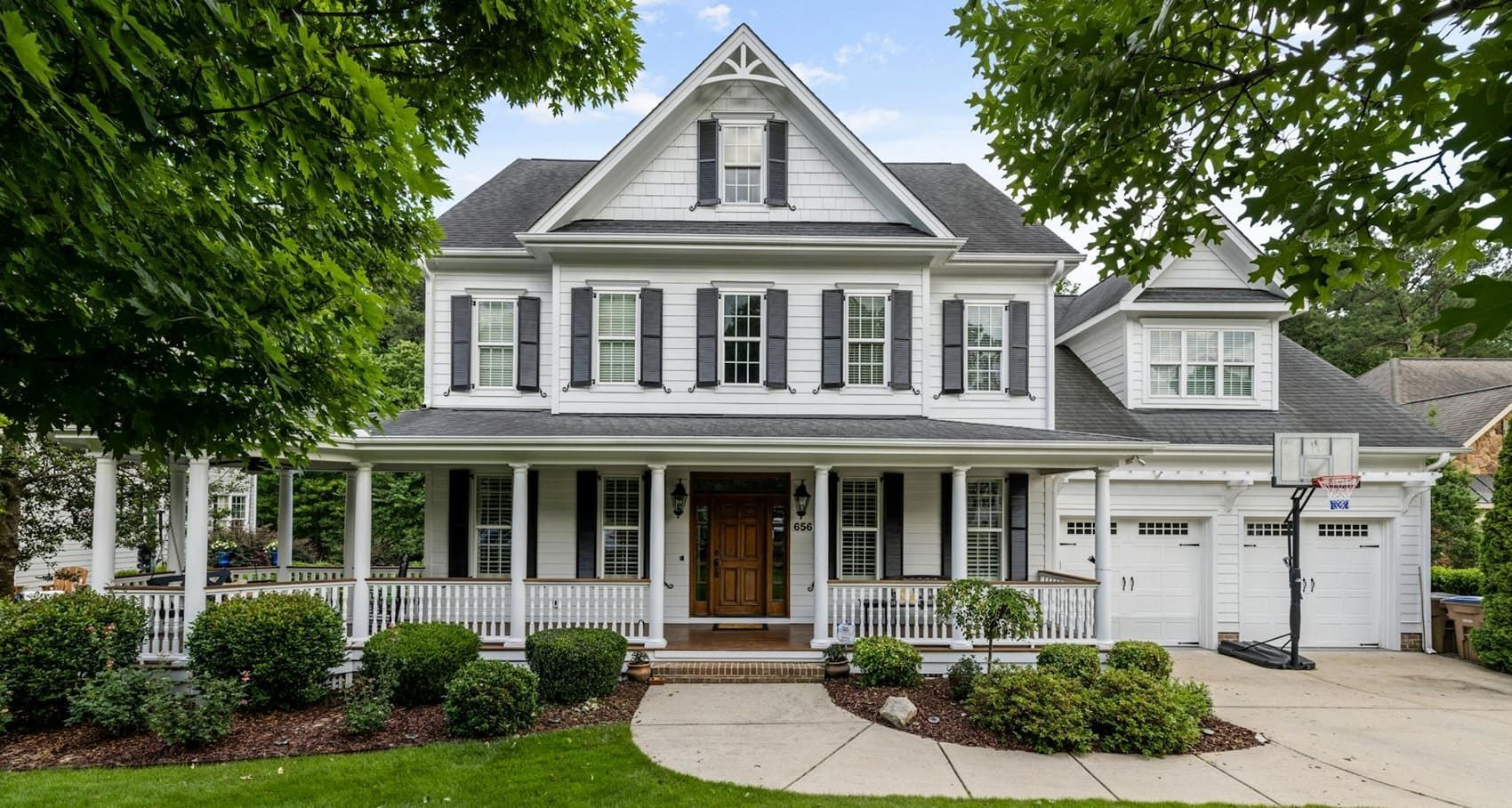What Is My Home Worth?: A Simple Guide to Estimating Home Value
Before selling your home, it's important to know what it's worth. We explain how to estimate home value in this simple step-by-step guide.
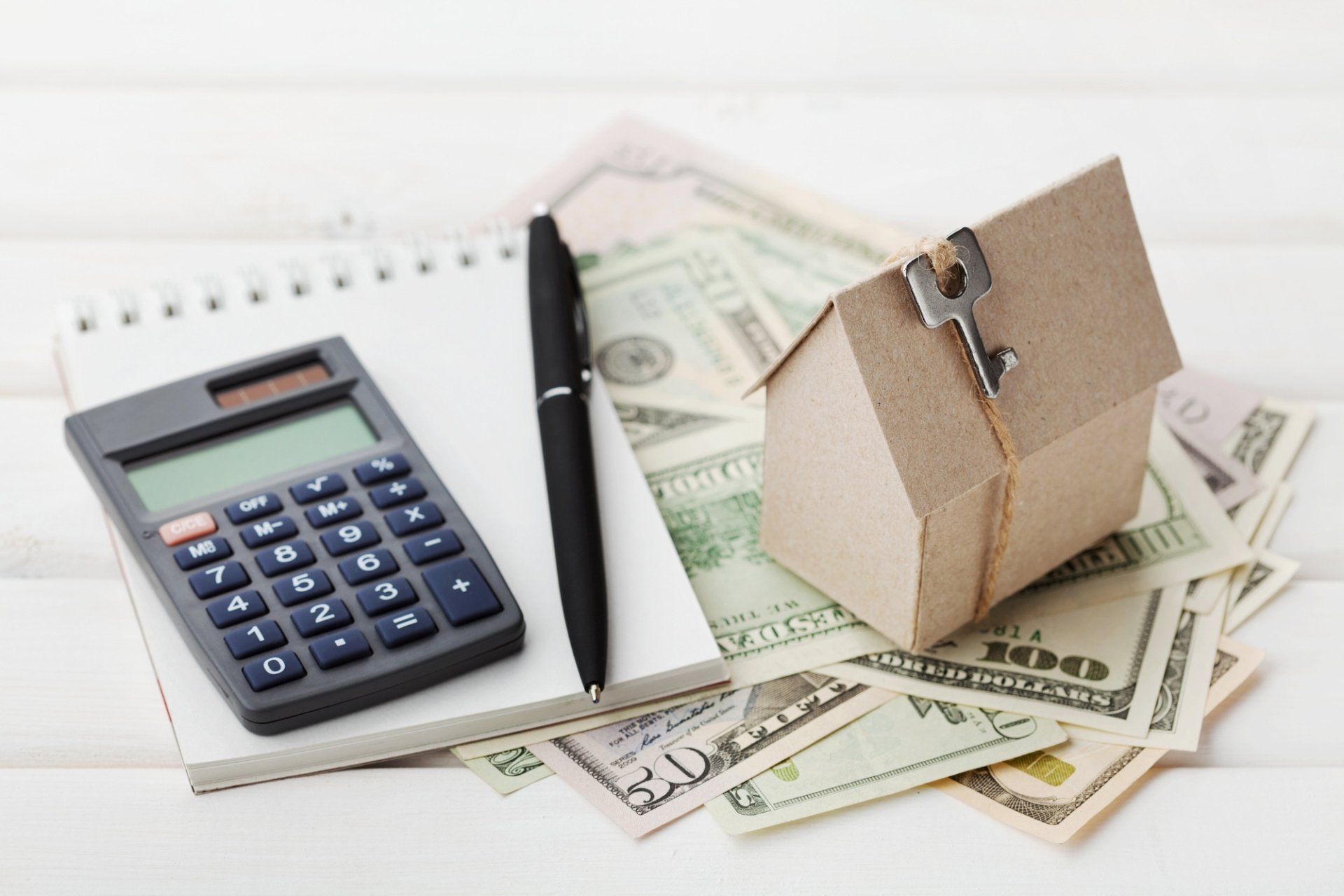
The U.S. housing market is the hottest it’s been in a long time, creating a seller’s market. If you’re thinking about selling your home, this might be a good time to do so.
The trick is figuring out how much your home is worth. You don’t want to under-price it but asking too much can make it a tough sell. Let’s look at how to estimate your home value.
1. Start With an Online Valuation
Online home valuation tools let you enter some general information about your home to get started. They combine those details with data pulled from public records to estimate your property’s value.
These tools are easy to use but they only provide a rough estimate of your home’s value. There are lots of variables that online tools can’t factor into the estimate but you’ll get an idea of the price range you should look at.
2. Work With a Realtor Who Knows Your Area
Hiring a realtor to sell your home is the best way to get an accurate idea of what your home is worth. A local realtor will know the area, have access to sales data for comparable homes in the area, and know what buyers are looking for.
A realtor can help you make the most of the unique features of your home and connect you with buyers looking for exactly what your home can offer.
3. Have Your Home Value Professionally Appraised
If you’re buying a home, the bank usually requires a professional appraisal of the property before they’ll give you a mortgage. There’s no requirement to get an appraisal when you’re selling your home but it can be a good idea if you want an accurate, realistic idea of its value.
Appraisers are impartial — there’s no reason to inflate the value or give you a low-ball number. They’ll look at all the features of the home, its age and condition, and various other factors to give you a realistic value.
They’ll consider many factors, including:
- Location
- Age
- Foundation type
- Amenities like swimming pools or hot tubs
- Condition of the HVAC and other systems
- Any repairs or renovations that have been done
You’ll get a thorough report showing everything they took into account when arriving at a valuation.
4. Compared Against Other Local Home Sales
If you’re not working with a realtor, you probably won’t have access to the Multiple Listing Service (MLS) but you can gather some of the same information yourself. Find other homes in your area with similar features and space so you can see how much they sold for.
It’s hard to find an exact match for your home but if you look at the prices of several similar homes, you’ll have a pretty good idea of the price range to expect for yours.
Selling Your Home in the Salt Lake City Region?
If you’re selling a home in the Salt Lake City region, The Susie Martindale Group is here to help. We’ll use our knowledge of the area to help you determine your home value and get top dollar when your home sells.
Get in touch with us today to get started.


